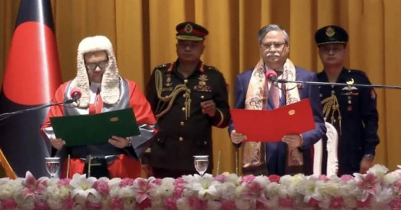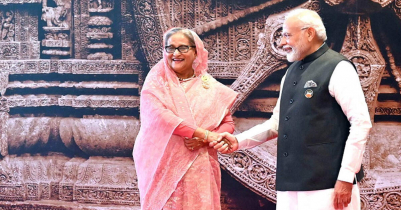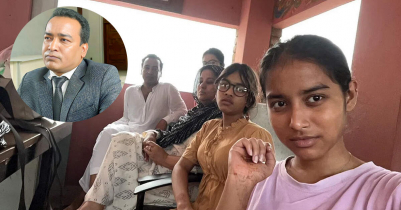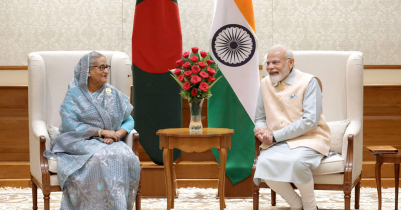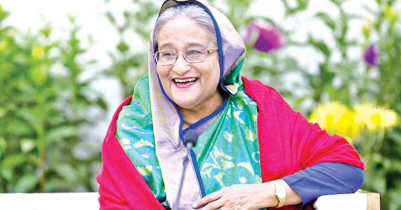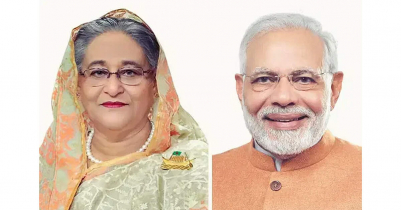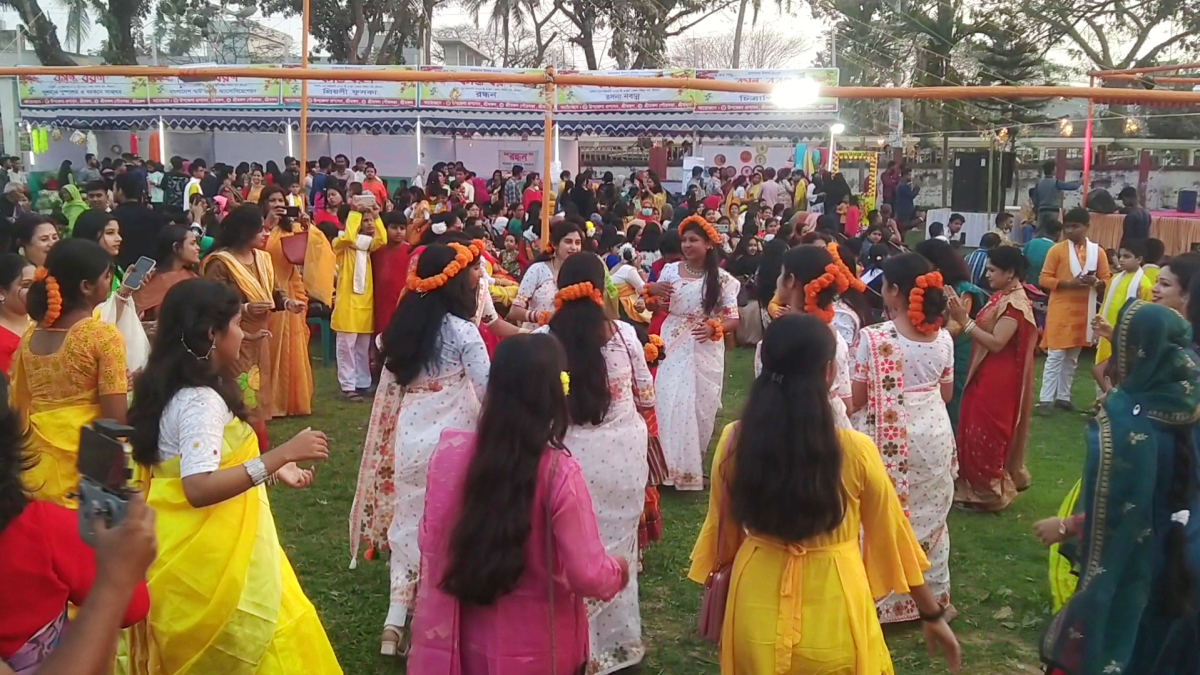Eye News Desk
With economic development comes leadership development
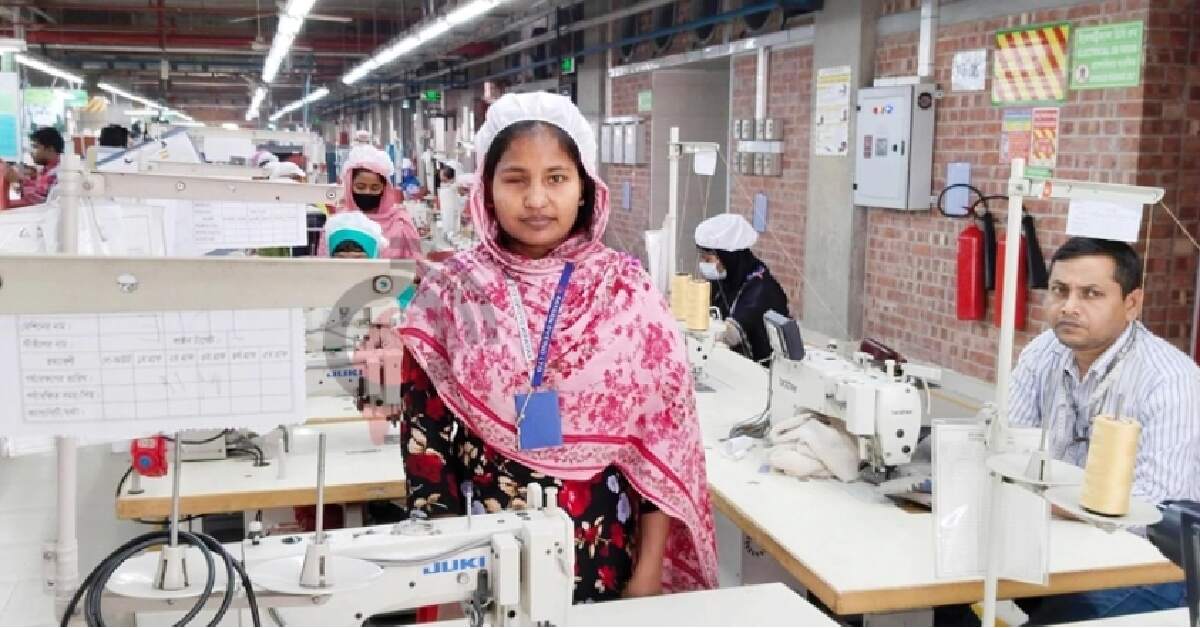
Around 83 percent of the country's export income comes from the garment industry. From the beginning of the development of this industry, there is a predominance of women workers. About 4 million workers are involved in the garment industry, of which 2.6 million are women. Although the number of women workers has decreased slightly after the corona epidemic. Despite having a large number of women workers in the garment sector, women leadership in the sector has not been developed in the past 30 years. Some were working as supervisors and line chiefs as slightly higher positions. The rest are general workers.
But now this trend is changing. Gradually, women are coming to the big positions in the garment industry. In this way, as self-reliant, the development of women's leadership is also taking place. Mainly due to the pressure of foreign buyers, behavior of owners and women-friendly environment in factories, the change is happening slowly.
There was a time, there was not a good working environment. That is not the case now. Everyone is working as they like, no one is stopping anyone. All men and women are here, we must move forward through collective work.
Talked to Ashulia's partner Akhtar Renu, working as a technical manager at Four-A Yarn Dyeing. He said, my career started from a small position in a garment factory. Then the working environment is not created. Being attentive to work, I got the cooperation of the owner. After that, there was no looking back. Now I am getting a salary of Rs. I bought seven acres of land next to the factory. My only son is studying in a school. I have built a wall around the land at the cost of four and a half lakh rupees. In the next two-one years I will start working at home.
He said about the development of women leadership, there was a time when there was no good working environment. That is not the case now. Everyone is working as they like, no one is stopping anyone. All men and women are here, we must move forward through collective work. However, there are women colleagues who after a while move to the village or quit the job. But you have to be persistent, have the mindset to lead. Your effort will get you ahead.
Talked to Subeda Khatun, a visually impaired person working as an operator in a garment factory. He said, being disabled, he had to hear many bad things in the village. Later came to Dhaka. I came here and started working in a factory. I am getting good salary. My husband is also working in another garment factory. Now I am fine with my husband and family. No one has to listen, no one has to be understood. Instead, I can now send my earned money to my family. After spending in my own family, I give a part to my parents in the village house.
Talked to Lipi Khatun, another disabled woman worker working in a garment factory. Lipi said, I used to hear from people that there is not a good environment in ready-made clothing factories. But at present I do not find any match between that word and the reality. Listed garment factories now have a women-friendly environment. Still, if you hear about the harassment of women somewhere, you can protest.
"When I first came to work, my colleagues didn't look down on me for being disabled. Rather, I am established today because they helped me in my work. I am married, having a family, working... all in all I am fine.'
Lipi Khatun also said, all in all, the facilities in garment factories are quite good now. Now there is no extra worry for salary. I'm fine, I'm with my family. Other workers like me are fine. Due to these reasons, there is no labor dissatisfaction now. However, many problems are seen in sub contract factories (small factories). With the help of law enforcement, their problems have also reduced.
These issues were discussed with the Director of Readymade Garment Owners and Exporters Association - BGMEA and Managing Director (MD) of Four-A Yarn Dyeing Limited, Abdullah Hill Rakib. He said, I always believe in my heart that production will come if my workers survive. Where workers are sick or malnourished, there will be no work. Nothing like this will be sustainable. Therefore, keeping in mind the health and nutrition of the workers, we have started the health center. Where women can take all kinds of services. There is also a separate treatment for male workers. Also have supershop for workers. Medicines are being dispensed from Team Pharma at health centres, products are being supplied at a 30 per cent discount from Supershops.
Abdullah Hill Rakib said, all the factory workers have a day care center for their small children. Children's meals are available here. Besides, there is provision for two breaks in a day for pregnant women workers. At the same time medicines and food are provided to meet their nutritional needs. We treat everyone working in the factory equally. I have progressed so far because I see everyone as equal. I want to go further like this. I think, if the rights of owners and workers are established in all factories, we can build an economically independent country.
Read more
- Bongo Bazar fire in international media
- Maj Gen Abul Hasnat new Bangladesh ambassador to Libya
- Leave to appeal dismissed : case against Dr Yunus to continue
- High Court grants bail to Mamunul Haque
- Advance bus ticket sales for Eid-ul-Azha begin on Jun 13
- Sheikh Hasina`s home-coming day today
- PM arrives in London to attend King Charles III`s coronation
- After 5 days the price of gold increased again
- Dhaka’s air ninth most polluted in the world
- Dr. Zafrullah Chowdhury is no more




